Are you looking to make a positive impact on the environment while still getting your products delivered efficiently? Eco-friendly shipping options not only reduce your carbon footprint but also align your business with the growing trend towards sustainability. By choosing greener solutions, you can appeal to environmentally-conscious consumers who value responsibility as much as convenience. If you're curious about various eco-friendly shipping practices and how they can benefit your brand, read on for more insights!

Sustainable Packaging Materials
Sustainable packaging materials play a pivotal role in eco-friendly shipping practices. Biodegradable materials, such as compostable plastics and recycled paper, significantly reduce landfill waste. Companies like EcoEnclose have pioneered the use of recycled cardboard and kraft paper for shipping boxes and filler materials. Innovative alternatives, including mushroom-based packaging and plant-based cushioning, emerge as suitable options for fragile items. Additionally, reusable packaging systems, exemplified by Loop, promote circular economy principles, encouraging consumers to return packaging for future use. Transitioning to these materials can lead to reduced carbon footprints and a commitment to environmental stewardship in global shipping networks.
Carbon-Neutral Delivery Options
Eco-friendly shipping options significantly impact reducing carbon footprints associated with logistics. Carbon-neutral delivery practices, like those adopted by various carriers, aim to offset greenhouse gas emissions released during transportation. For instance, companies utilize renewable energy sources, such as wind and solar, to power their vehicles, decreasing fossil fuel reliance. Innovative methodologies, including electric delivery vans and bicycles, are employed in urban areas to minimize traffic congestion and air pollution. Additionally, organizations can partner with environmental initiatives to invest in reforestation projects, absorbing CO2 emissions generated by shipping processes. Ultimately, adopting these sustainable practices fosters a greener future, encouraging consumers to choose eco-conscious options when receiving their goods.
Eco-Certified Shipping Providers
Eco-certified shipping providers prioritize sustainability in their operations, employing practices that minimize environmental impact. Companies such as UPS (United Parcel Service) and FedEx have adopted carbon neutral shipping options, using energy-efficient vehicles and optimizing delivery routes to reduce emissions. Additionally, DHL offers Sustainable Aviation Fuel (SAF) to decrease the carbon footprint of air freight. These providers often use biodegradable or recyclable packaging materials for shipments, ensuring that more than 80% of their packaging materials can be composted or recycled. Their commitment to corporate social responsibility includes partnerships with environmental organizations, aiming for net-zero emissions by 2050. By choosing eco-certified shipping options, businesses can contribute to global efforts against climate change while enhancing their brand's reputation among environmentally-conscious consumers.
Minimalistic Packaging Design
Minimalistic packaging design emphasizes eco-friendly shipping options by reducing waste and optimizing material use. Utilizing recyclable materials, such as corrugated cardboard or biodegradable plastics, enhances sustainability efforts in logistics. The design minimizes excess filler and padding, which lowers the ecological footprint while ensuring product safety during transit. Implementing creative folding techniques can eliminate the need for tape, further decreasing non-recyclable components. Brands like EcoEnclose and Metapak specialize in sustainable shipping solutions, promoting the circular economy through their innovative designs. By choosing minimalistic packaging, companies can align with modern consumer values and contribute to the growing movement advocating for environmental responsibility in the shipping industry.
Transparent Eco-Impact Communication
Transparent eco-impact communication is vital for businesses adopting eco-friendly shipping options. Initiatives like carbon-neutral shipping programs, for example, utilizing services from companies like UPS and FedEx, can drastically reduce environmental footprints. Furthermore, using biodegradable packing materials, such as plant-based bioplastics, instead of traditional plastic can minimize waste accumulation in landfills. Effective communication includes detailed information about the lifecycle impact of shipping methods, such as emissions per mile, carbon offsetting strategies, and the recyclable status of packaging. Engaging consumers with clear data on these aspects fosters trust and encourages environmentally responsible purchasing behaviors, particularly among eco-conscious demographic segments.

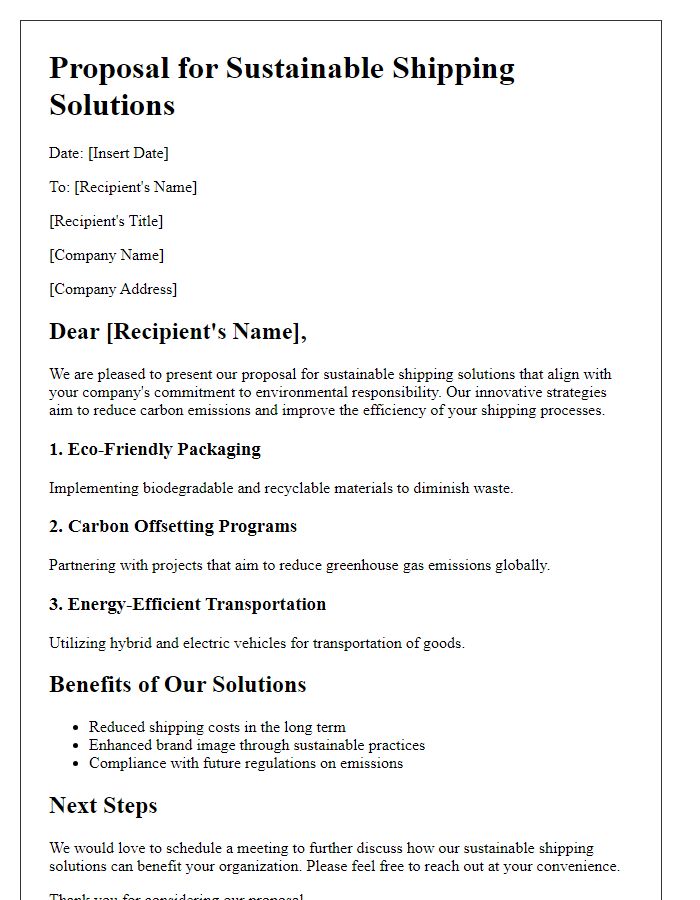
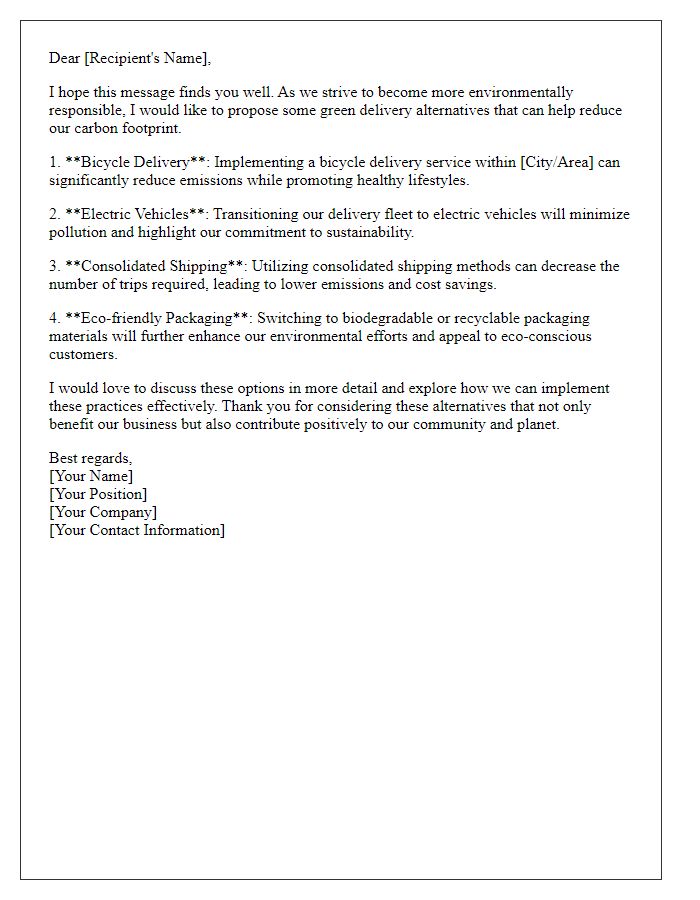
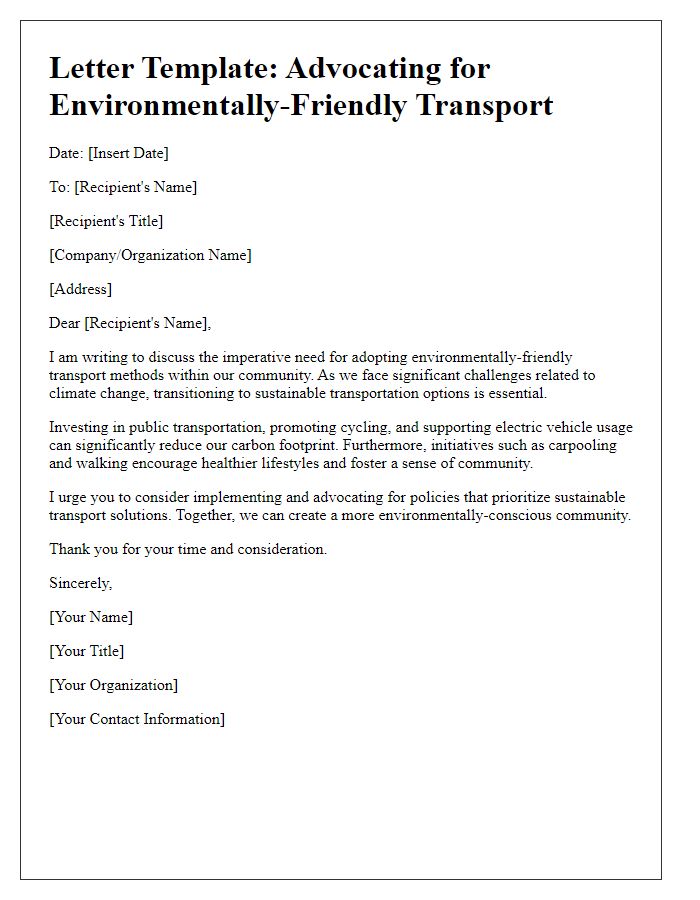
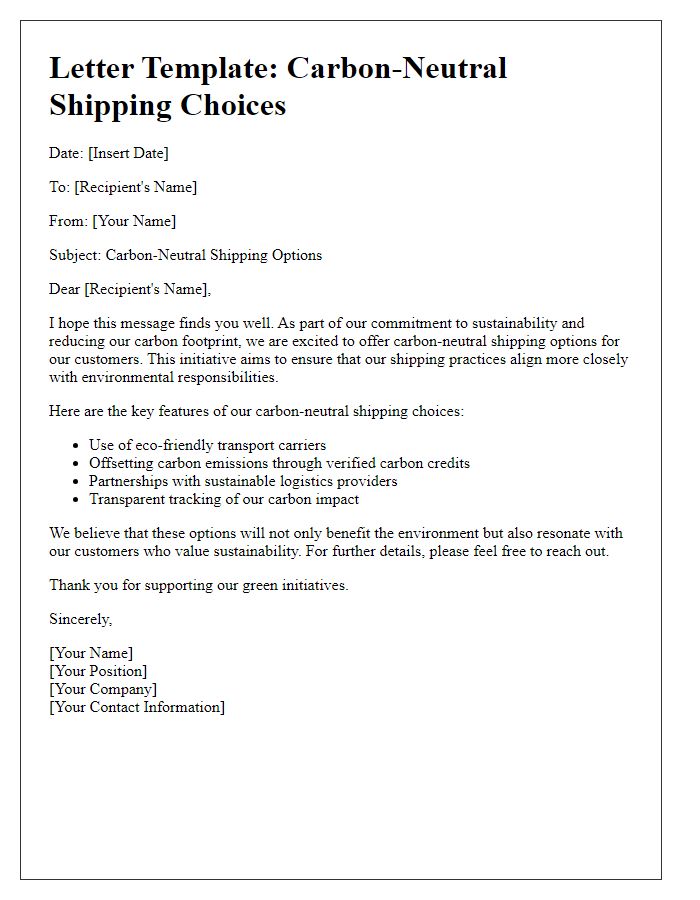
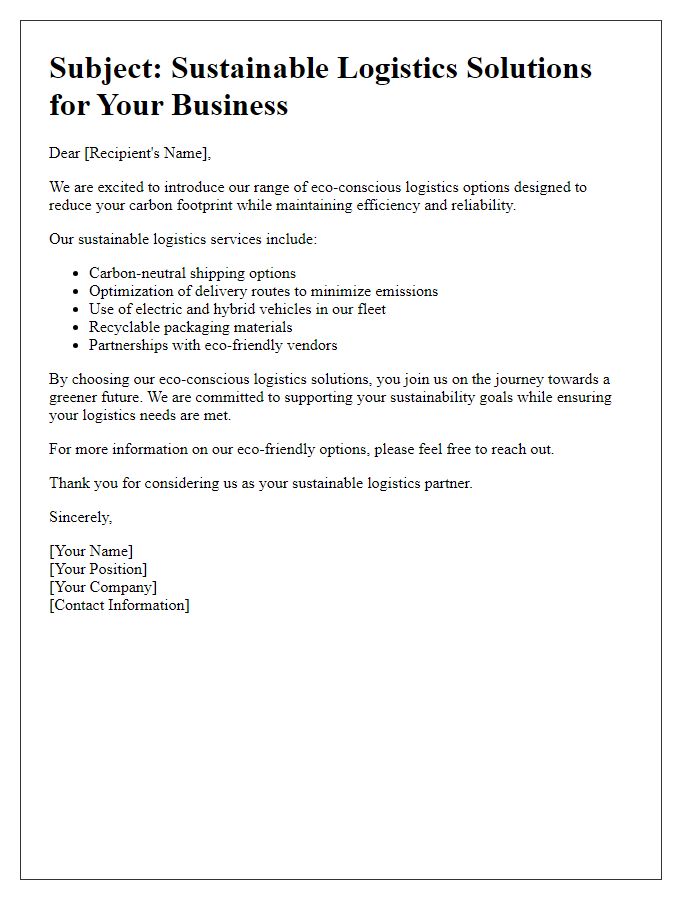


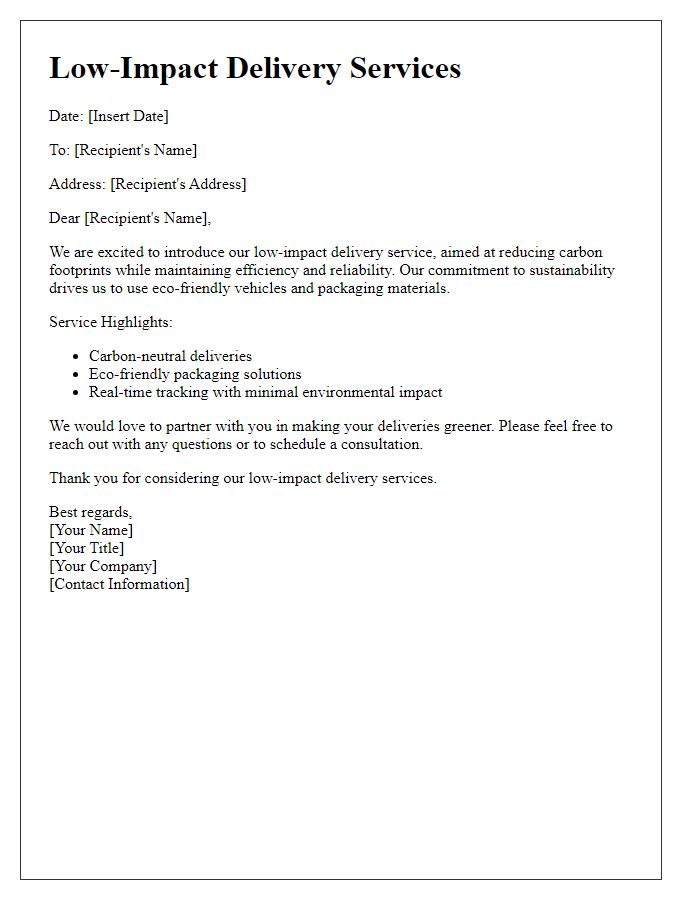
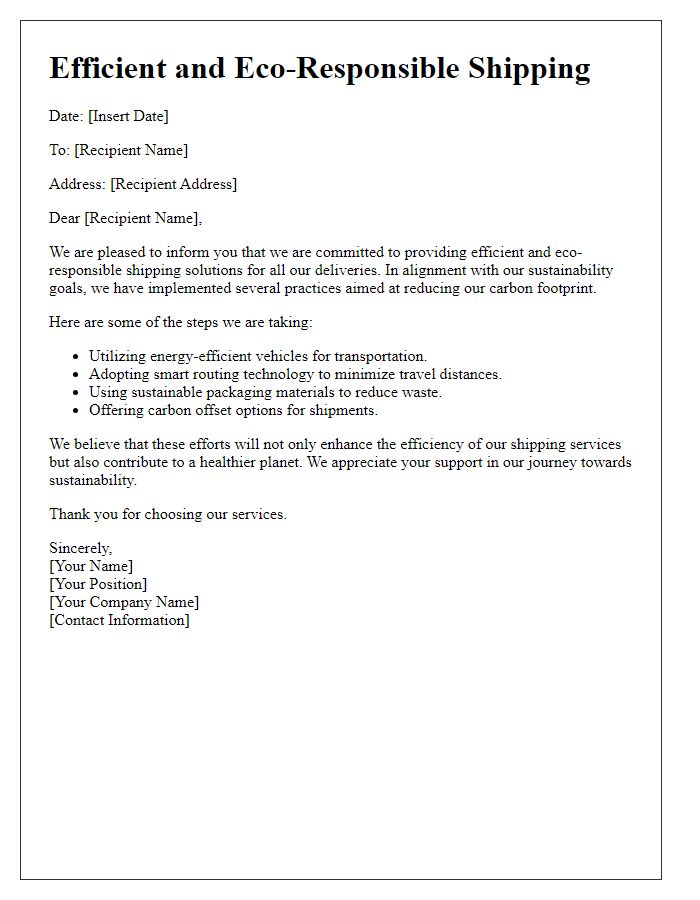
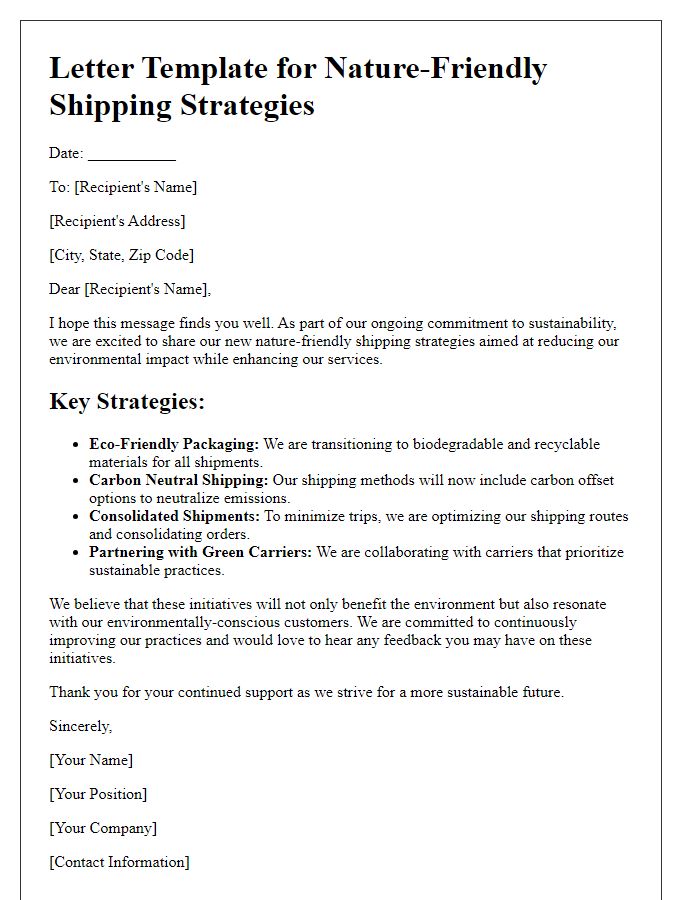


Comments